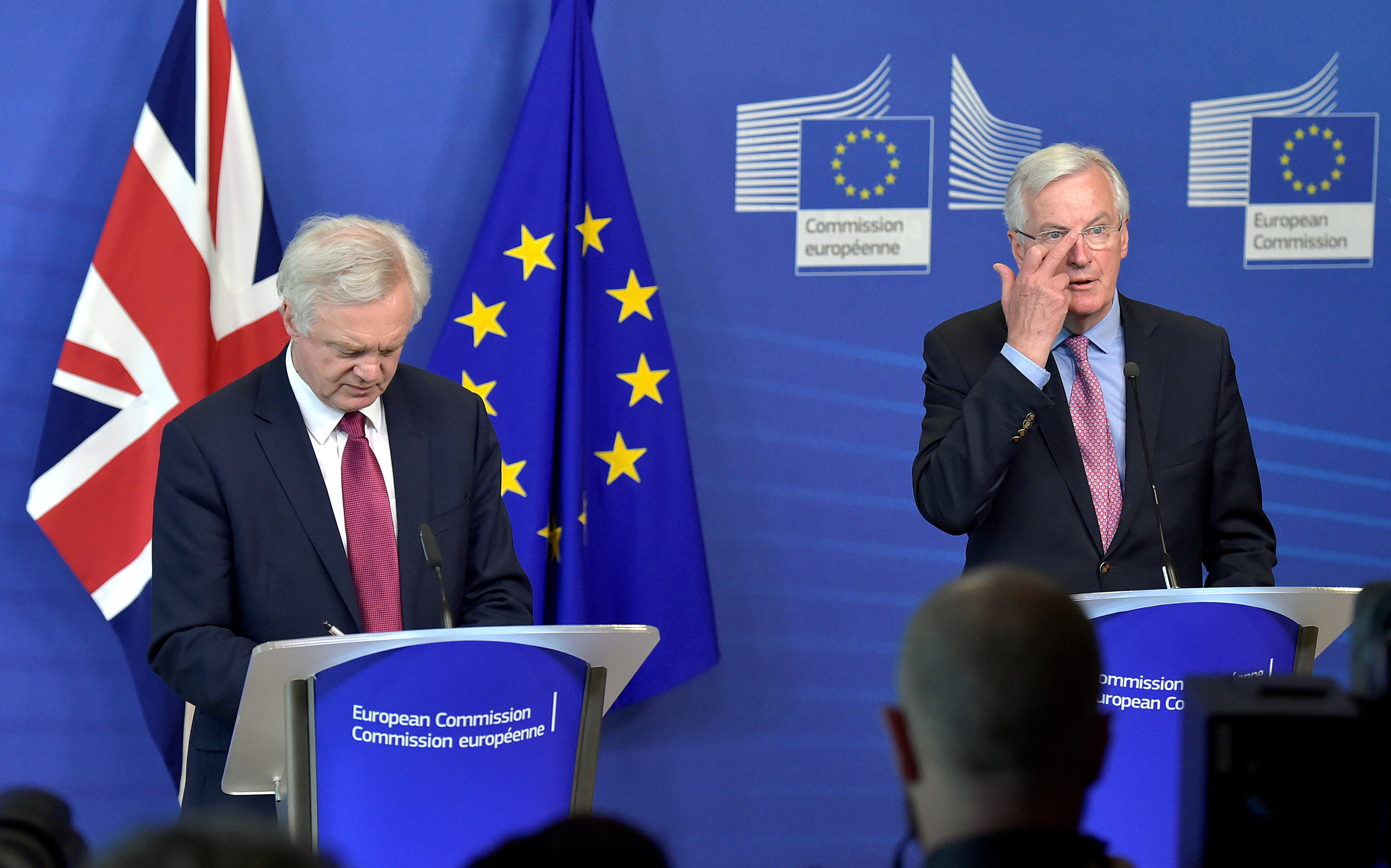
Luxembourg/Brussels: EU Brexit negotiator Michel Barnier assured Britons on Tuesday that he expects to compromise at times over the coming months as London and Brussels try to settle terms for British withdrawal from the European Union.
Asked to clarify a remark he made after Monday's opening of talks about not making concessions to Britain, he played it down as a statement of the obvious not to concede arguments at the outset and all the more so because his meeting with Britain's David Davis in Brussels did not launch talks on substance.
"My mandate is to defend the single market, defend the European Union, which the United Kingdom has decided to leave," Barnier told reporters after briefing ministers from EU member states in Luxembourg.
"I'm well aware that throughout the process there will be points of compromise."
The Union wanted a "fair deal", he said, renewing a vow not to punish Britain or take "revenge" for a withdrawal that has rocked the bloc and poses huge challenges for negotiators.
EU officials and diplomats greeted the agreement of Brexit Secretary Davis to a format and sequencing of talks that had been proposed by Barnier as sign that British Prime Minister Theresa May's weakened and potentially divided government was bending to Brussels' insistence on how negotiations will work.
"A very good day -- for us," one senior EU figure said with a note of triumph after discussions finally began, nearly a year after the Brexit vote and with only 21 months to reach a deal.
In public, EU negotiators have kept their satisfaction in check, however, and Barnier was at pains to sound conciliatory.
But in Britain many media portrayed Davis, a veteran Brexit campaigner, as having climbed down from his insistence that the EU must immediately open talks on a future free trade agreement rather than limit negotiations, as they are now, to basic issues of the divorce, such as the rights of expatriate citizens.
"Tory David Davis has crumbled on the very first day of Brexit negotiations, as he was forced to agree to the EU's timetable," wrote the Daily Mirror, a left-leaning tabloid.
The Sun, which backed May's centre-right Conservatives in a June 8 election that cost her her parliamentary majority, also noted Davis had gone along with Brussels' plans after saying he would make getting immediate trade talks "the fight of the summer".
Germany's Europe minister, Michael Roth, said in Luxembourg that the opening of the negotiations had shown British leaders still needed a "reality check" on what they could achieve.
He suggested that calls from some ministers for less of a break from EU markets could see them adjust their trade deal demands.
Get your essential daily briefing delivered direct to your email inbox with our e-newsletter
Barnier made clear on Tuesday that while there must be a first phase that excludes trade discussions, he does hope that four weeks of monthly negotiating sessions can get him to the point where he can ask EU leaders in October to let him move on and discuss how the two sides can keep commerce open from 2019.
At the same time, while it was a priority, he said, to show progress in averting difficulties for troubled Northern Ireland as a result of being on a new EU-UK border, agreement on how the border would work would depend on wider future trade ties.
As a result, Barnier said, there would indeed be discussions on trade in parallel with the EU's other issues -- just not immediately.